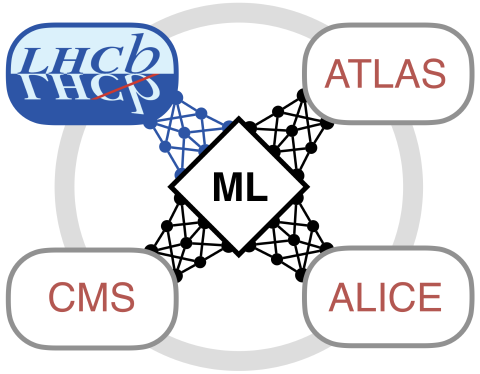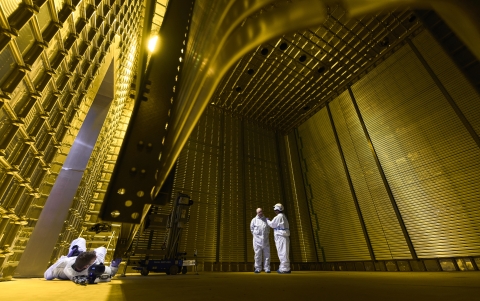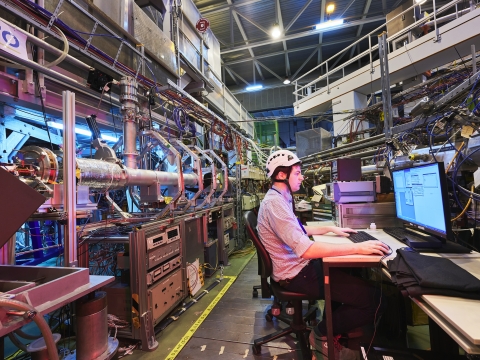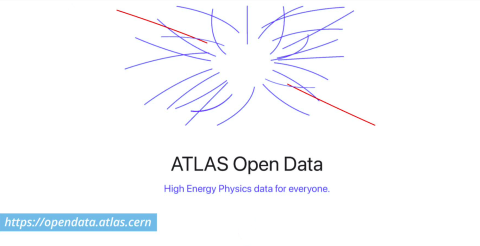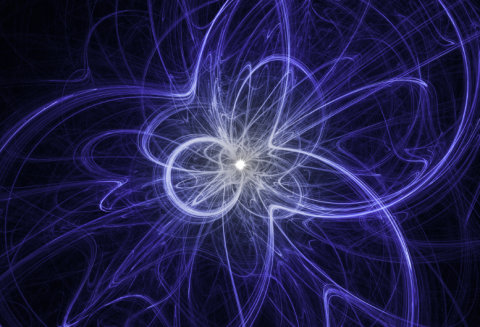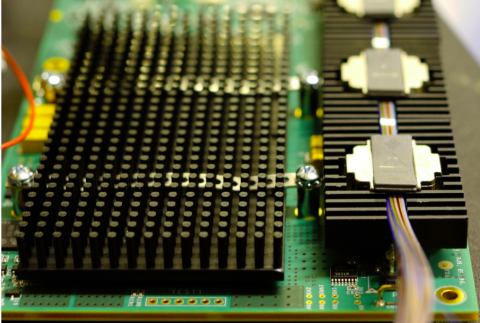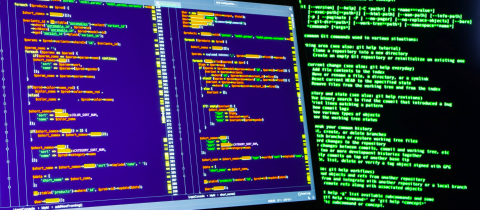July 2024 - September 2024
Machine Learning in action: shaping the future of LHCb and fostering cross-experiment collaboration
Common challenges and the democratic nature of ML are building new bridges across experiments. The LHCb experiment is ramping up its R&D efforts in Machine Learning (ML), while also addressing the challenges of deploying ML in production and…
Read moreProtoDUNE: Paving the Way for the Deep Underground Neutrino Experiment
The Deep Underground Neutrino Experiment (DUNE) at the Long-Baseline Neutrino Facility (LBNF) is a groundbreaking scientific initiative poised to elucidate the mysteries of neutrinos. Its progress has been marked by remarkable feats of engineering…
Read moreAMBER uncovers the universe’s mysteries
The AMBER spectrometer. Credit: K Bernhard-Novotny/A Sargsyan Despite our extensive knowledge, the universe remains mysterious in many ways. To this day, questions prevail about the origin of the matter-antimatter asymmetry. The exact sources of…
Read moreISOLDE’s New Beta-Decay Station Unlocks Advanced Decay-Spectroscopy Experiments with Laser-Polarised Unstable Nuclei
Exciting new opportunities for experiments with beta-decaying atomic nuclei have arisen at the ISOLDE facility with the recently developed new spectroscopy station called DeVITO [1]. The novelty of the setup lies in its integration with the VITO…
Read moreATLAS releases 2015 and 2016 proton–proton datasets for public research use
The ATLAS Collaboration has announced the release of 7 billion proton–proton collision events, alongside 2 billion simulated events, in the collaboration’s first release of open data for scientific research. The open data, available through CERN’s…
Read moreCharting the Future of Neutrino Experiments
The development of next-generation neutrino experiments is underway at CERN, which will shed light on the nature of these elusive particles. While the development of far and near detectors is advancing well, novel identification techniques for…
Read moreDRD7: An R&D Collaboration Pioneering Electronics for Future Particle Detectors
On June 5, 2024, the CERN Research Board approved the DRD7 Collaboration for an initial three-year period. The collaboration will focus on developing and demonstrating new electronic hardware, firmware, and software concepts. Its main goal is to…
Read moreUnveiling the Power of Software in Science: Inside the EVERSE Network
Researchers across all sciences use different types of tools: benches, centrifuges, lasers, weather balloons, seismographs, telescopes… you name it. At CERN, such a “hardware tool” is the LHC, together with all our other accelerator facilities,…
Read more
